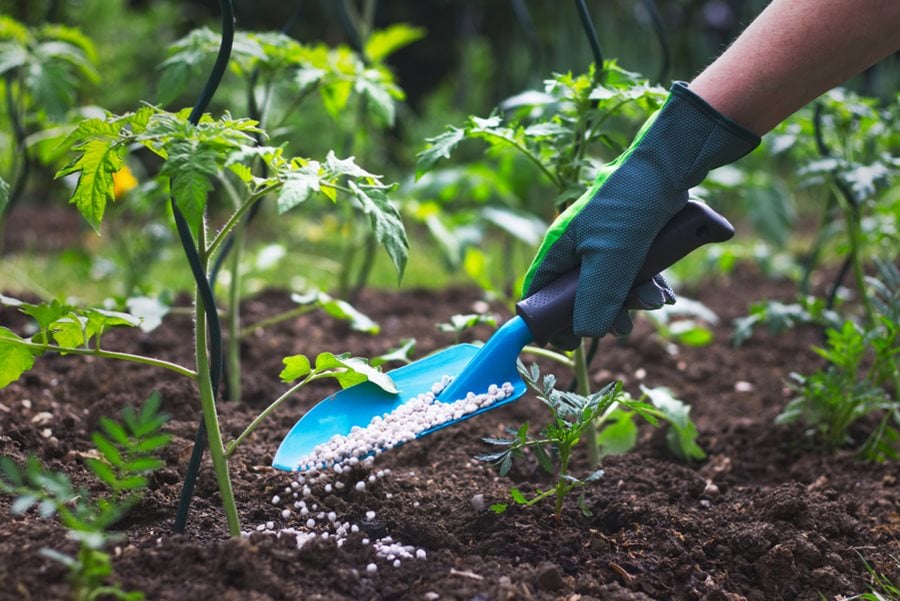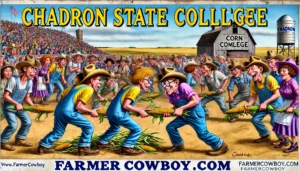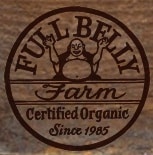
fertilizer application.jpg

Fertilizer Application
Definition: Fertilizer application refers to the process of supplying essential nutrients to plants through the use of synthetic or organic fertilizers. This practice aims to supplement soil nutrient levels, promote healthy plant growth, and enhance crop productivity.
Understanding Fertilizer Application
Fertilizer application is a fundamental aspect of modern agricultural practices, allowing farmers to replenish soil nutrients depleted by crop cultivation. By strategically applying fertilizers, growers can optimize nutrient availability for plants, ensuring adequate nutrition throughout the growing season.
Fall off the barn roof and busted your keister? Life on the farm or ranch can be tough on the bum. Need a break? Laugh it off at FarmerCowboy.com, the #1 farm humor site. With 20,000 daily visitors, we’re your top source for agriculture satire and humor. Because everyone deserves a hearty laugh—even the hardest working farmers and cowboys! Join us and turn those long days into fun tales at FarmerCowboy.com.
Methods of Fertilizer Application
- Broadcasting: This method involves evenly spreading fertilizer over the soil surface using mechanical spreaders. Broadcasting is suitable for large-scale field crops and provides uniform nutrient distribution across the entire area.
- Band Placement: Fertilizer is applied in concentrated bands or rows, typically near the plant root zone. Band placement ensures targeted nutrient delivery to the root system, maximizing nutrient uptake efficiency and reducing fertilizer waste.
- Fertigation: Fertigation combines fertilizer application with irrigation water, allowing nutrients to be delivered directly to the plant roots through the irrigation system. This method is particularly effective for supplying water-soluble fertilizers to horticultural crops and high-value crops grown under controlled conditions.
Factors Influencing Fertilizer Application
- Soil Test Results: Soil testing helps determine existing nutrient levels and guides fertilizer selection and application rates based on crop nutrient requirements.
- Crop Type and Growth Stage: Different crops have varying nutrient demands at different growth stages. Adjust fertilizer application rates and timing according to crop-specific requirements to optimize nutrient uptake and utilization.
- Environmental Considerations: Consider environmental factors such as soil erosion, runoff, and leaching when planning fertilizer application. Implement practices to minimize nutrient losses and mitigate potential environmental impacts.
Best Management Practices for Fertilizer Application
- Precision Agriculture: Utilize technology such as GPS-guided equipment and variable rate application to apply fertilizers with precision, matching nutrient inputs to specific soil and crop conditions.
- Integrated Nutrient Management: Adopt a holistic approach to nutrient management by integrating organic sources, cover crops, and crop residues to supplement synthetic fertilizers and improve soil health.
- Monitoring and Recordkeeping: Regularly monitor crop response to fertilizer application and keep detailed records of fertilizer inputs, crop yields, and soil nutrient levels to refine fertilization strategies and optimize resource use efficiency.
Conclusion
Fertilizer application plays a crucial role in modern agriculture, ensuring adequate nutrient supply for crop growth and productivity. By employing appropriate application methods and management practices, farmers can optimize nutrient use efficiency, minimize environmental impacts, and sustainably enhance agricultural productivity.
References:
- Havlin, John L., et al. (2014). “Soil Fertility and Fertilizers.” Pearson.
- Brady, Nyle C., and Weil, Ray R. (2016). “The Nature and Properties of Soils.” Pearson.
- Scharf, Peter, et al. (2005). “Nitrogen Management Strategies to Reduce Environmental Impact.” ASA-CSSA-SSSA.
Originally posted 2007-02-05 05:48:27.
Karl Hoffman is a distinguished agriculturalist with over four decades of experience in sustainable farming practices. He holds a Ph.D. in Agronomy from Cornell University and has made significant contributions as a professor at Iowa State University. Hoffman’s groundbreaking research on integrated pest management and soil health has revolutionized modern agriculture. As a respected farm journalist, his column “Field Notes with Karl Hoffman” and his blog “The Modern Farmer” provide insightful, practical advice to a global audience. Hoffman’s work with the USDA and the United Nations FAO has enhanced food security worldwide. His awards include the USDA’s Distinguished Service Award and the World Food Prize, reflecting his profound impact on agriculture and sustainability.




